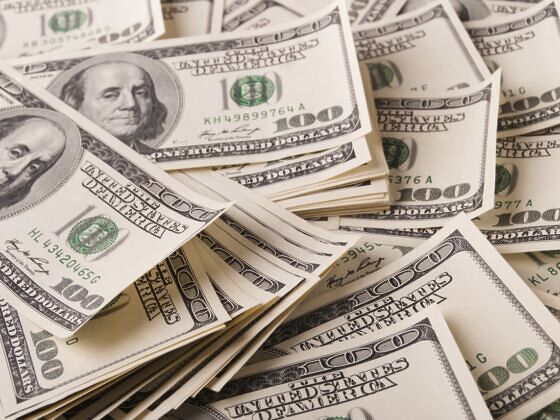Surveys have found that millennials are far more interested than past generations in socially responsible banking and investment. The term “socially responsible” can mean many things. For some people, this means refusing to invest in industries like weapons, defense, gambling, etc. Other people take it a step further and refuse to invest in any company with a poor track record for social justice issues like labor rights, racial and gender discrimination, environmental sustainability, etc.


Over Half of Millennials Want "Socially Responsible" Banking. Here's How You Do It
With the #NoDAPL movement and the inauguration of our current president, companies supporting controversial policies have become far more visible. During the Standing Rock fight, Yes Magazine published a list of banks and companies affiliated with the Dakota Access Pipeline and published a guide on how to easily switch banks as a sign of protest. And recently, Seattle voted to take away $3 billion in city business away from Wells Fargo in response to their business practices and involvement with the Dakota Access Pipeline.
In the last few weeks, I started hearing from several friends joining the socially responsible banking bandwagon. Though before, a lack of information, a fear of going against the grain, or just a general procrastination prevented them from acting, now they had decided to finally put their money where their activism was.
After speaking to many of these people, I learned of two easy ways you can act today:
1. Change banks.
After the housing crisis, a friend of mine was infuriated with Bank of America. But at the time, it felt inconvenient to her to go through the work of switching banks. But the #NoDAPL protests prompted her to finally switch her checking account to OneUnited Bank, the nation’s largest “black-owned bank” and first Black internet bank.
OneUnited Bank is part of the growing #BankBlack and #BuyBlack movement that encourages people to invest in black businesses as a means of solidarity and empowerment. My friend heard about the bank through a Black Lives Matter rally, where activists encouraged people to open an account to show support.
However, black banks are not the only option. An article in Grist explained the many other ways people could use their banking decisions as a political statement. The article describes the benefits of using credit unions since they work as nonprofits and generally invest in local projects over international affairs where ethics can get tricky. They also encourage choosing community development banks since these banks have an explicit goal to empower low-income communities and populations that have been largely underserved. According to their website, OneUnited Bank is a designated Community Development Financial Institution (CDFI).
2. Change your retirement plan.
Another friend of mine works for Sustainable Brands, a company that focuses on helping big name brands, in her words “be better for the world, from both an environmental and social perspective.” Their company’s retirement provider — John Hancock — offers ‘green’ investment plans for their 401k’s and allows you to manually choose ‘green’ investment options when picking plans.
She told me that the entire process was “remarkably easy”: “People don’t realize how much they can do in the way of sustainability if they merely ask their providers. If you’re interested in social responsible investing, keep asking questions about it. The answers are there, it’s just a matter of whether or not we want to see them.”
If you choose to do any of the above, it’s important to make sure you tell your current institution exactly why you’re leaving. That way, it’s made clear to these institutions that their business decisions are bad business decisions and ultimately losing them customers. You can even view a sample letter of how to articulate your thoughts here.
For more information on how to start this process, you can also visit the following resource: http://breakupwithyourmegabank.org/